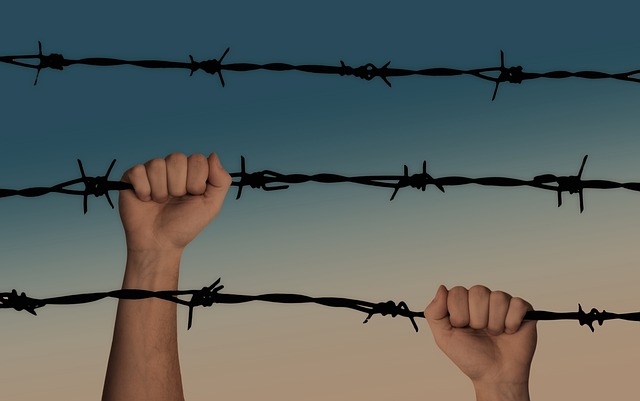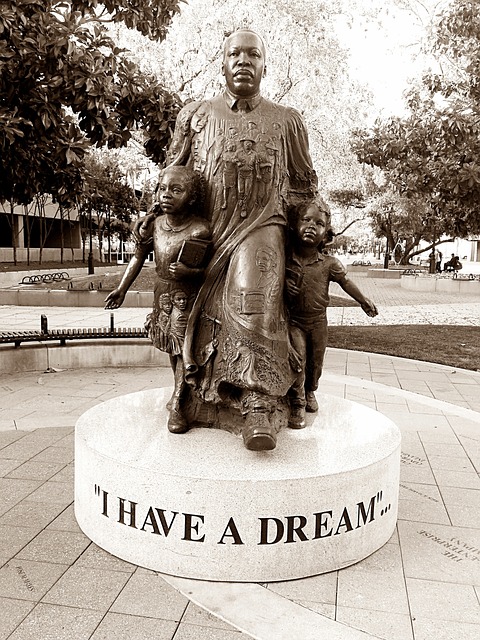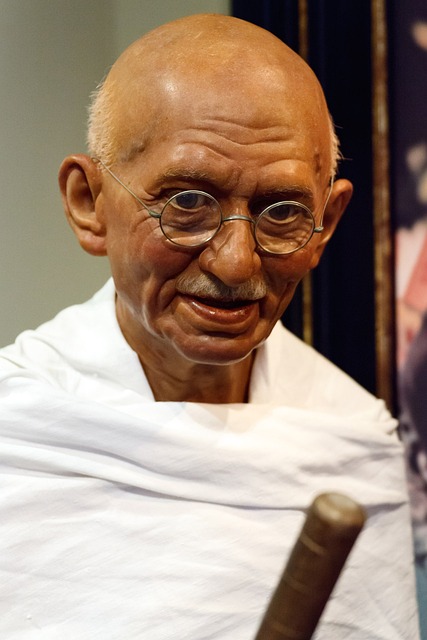Liberation is the act of gaining freedom from oppression, while independence is the state of self-governance and autonomy.
TL;DR Liberation Vs. independence
Liberation and independence are often used interchangeably, they have distinct meanings and implications. Liberation refers to the act of being freed from oppression or constraints, typically in a social or political context. It involves breaking free from external forces that restrict individuals or groups from living freely and authentically.
Independence is about self-reliance and autonomy. It signifies the ability to govern oneself without interference or control from others. Independence can be achieved through various means such as gaining sovereignty as a nation, establishing financial stability, or achieving personal growth and development.
What is Liberation?

Liberation is an extraordinary phenomenon that transcends mere freedom. It encompasses the collective struggle to break free from societal, political, or cultural constraints that oppress individuals or communities. It is a profound and transformative process that seeks to restore dignity, equality, and justice.
Liberation is about dismantling systems of oppression and challenging the status quo. It empowers marginalized groups to reclaim their agency and challenge the structural inequalities that limit their potential. Liberation movements can take various forms – from civil rights movements fighting against racial discrimination to feminist movements advocating for gender equality.
Liberation also involves recognizing and challenging internalized oppression within ourselves. It prompts us to examine our own biases, prejudices, and privileges so we can actively work towards creating a more inclusive society.
Liberation extends beyond individual experiences; it is deeply interconnected with community struggles for social justice. By embracing solidarity and collective action, liberation aims to create lasting systemic change rather than isolated personal victories.
Liberation represents a powerful force for transformation – both on an individual level and within society as a whole. It offers hope for a world where every voice is heard, every person valued, and every life liberated from the chains of injustice.
What is Independence?

Independence is a concept that holds great significance in the realm of individuality and self-governance. It refers to the state of being free from external control or influence. When someone or something is independent, it means they are able to act, think, and make decisions without being constrained by others.
In the context of nations, independence refers to the ability of a country to govern itself without interference from outside forces. This often involves breaking away from colonial rule or oppressive regimes in order to establish self-rule and sovereignty.
On an individual level, independence can be seen as having autonomy over one’s own life and choices. It means being able to stand on your own two feet and take responsibility for your actions without relying heavily on others.
Independence fosters a sense of empowerment, allowing individuals and nations alike to determine their own destinies and pursue their goals freely. It is about asserting one’s rights, freedoms, and values while respecting those same rights in others.
Independence represents freedom – freedom from oppression, freedom from control, and freedom to chart our own course in life.
Liberation Vs. independence – Key differences
| Aspect | Liberation | Independence |
|---|---|---|
| Definition | The process of breaking free from oppression or constraints, often without necessarily seeking full autonomy. | The state of self-governance and autonomy, achieved by a nation or entity, free from external control. |
| Scope | Can apply to individuals, groups, or nations seeking freedom from various forms of oppression or injustice. | Primarily used in the context of a nation or territory gaining sovereignty from a colonial or occupying power. |
| Autonomy | May not necessarily lead to full self-governance or sovereignty but aims to alleviate or eliminate oppressive conditions. | Implies the establishment of self-rule, where a nation governs itself without external control or influence. |
| Examples | Civil rights movements, social justice campaigns, and liberation from discrimination or injustice. | Colonial nations gaining independence from imperial powers, like India from British colonial rule. |
| Goals | Focuses on achieving social, political, or individual rights and justice, which may or may not involve a new governing structure. | Seeks the establishment of a separate and self-governing nation-state. |
| Degree of Change | May result in reforms, changes in policies, or the removal of oppressive systems, but not necessarily a new state. | Implies a significant change, including the creation of a new nation with its own government and institutions. |
| Political Implications | Liberation movements may seek social or political change without necessarily demanding full sovereignty. | Independence movements aim to establish a separate, sovereign state. |
| Movements | Liberation movements often focus on civil rights, social justice, and equal treatment. | Independence movements concentrate on achieving full nationhood and self-determination. |
| Example | The Civil Rights Movement in the United States, women's suffrage, LGBTQ+ rights. | The Indian independence movement from British colonial rule, the breakup of the Soviet Union. |
Image Credits
Featured Image By – PublicDomainPictures from Pixabay
Image 1 By – Gerd Altmann from Pixabay









